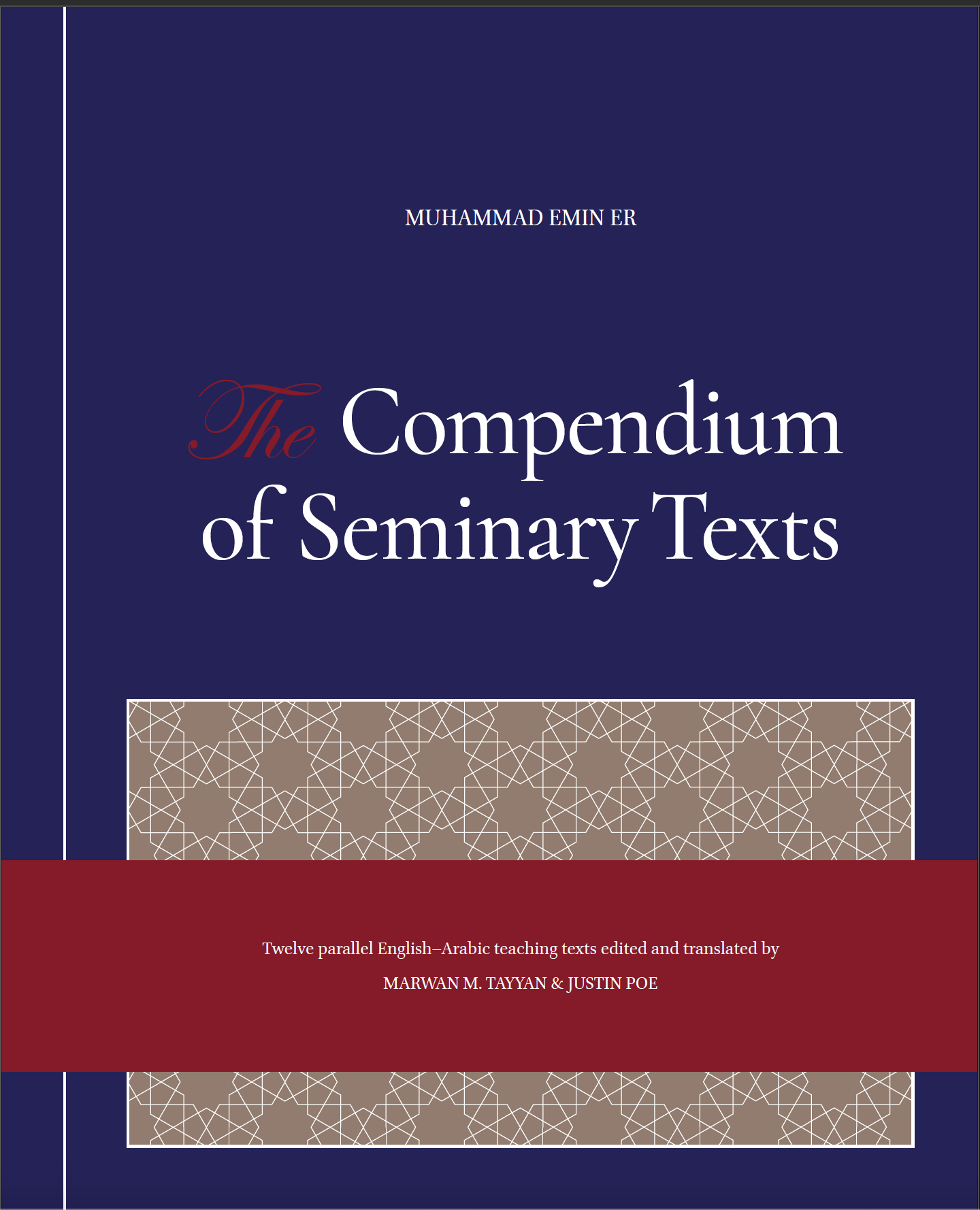VRC Publications
Given the geographic scope of Islam, the Muslim scholastic tradition produced many different flavors of education, though each of these is ultimately rooted in the same religious texts. These programs of study are extensive, spanning from secondary education to high-level scholarship, with the aim of developing a strong thinker who is conversant with the sources and able to respond to challenges. We can think of these programs of education collectively as the Classical Islamic Seminary Curriculum.
Following the model of these classical programs, which would revise and update themselves to tackle new realities, ASIPT aims to re-imagine the Muslim seminary curriculum in light of modernity and the contemporary western world. This initiative is called the Verification and Renewal Curriculum. Its goals, as laid out in the name, are the verification of the eternal truths of the religion and a kind of renewal that engages holistically with changes and developments in science and philosophy. In the vision of the program, this is accomplished by training a critical mass of scholars grounded in the ‘instrumental’ and rational sciences. These scholars address challenges through the traditional paradigm that sees knowledge as a unity of the rational, the empirical, and the revealed.
To these ends, ASIPT has begun a variety of projects that gather, record, and categorize the best of the Classical Islamic Seminary Curriculum. One of these projects is the Compendium of Seminary Texts, an English-language presentation of the compiled Arabic teachings texts of Shaykh Muhammad Amin Er. Comprising the fundamentals in twelve basic sciences, including logic, grammar, theology, rhetoric, and linguistic theory, it is a comprehensive text by which to gain a foundation of learning. The Compendium project makes this foundation of learning more widely available with carefully chosen English technical terms, side-by-side Arabic and English, and a handy glossary.
In a similarly aimed but truly unprecedented effort, which would not even have been possible in the premodern era, ASIPT aims to collect audiovisual recordings of the entire curriculum taught at Madrasat al-Falah, a traditional Kurdish-Ottoman seminary in Konya, Turkey under the direction of the renowned scholar Shaykh Salih al-Ghursi. Shaykh Salih studied the full Ottoman curriculum, which includes over fifty key texts, which he lays out in his book Islah al-Madaris (The Reconstruction of the Seminaries). The Madrasat al-Falah Recording Archive will provide students not only a snapshot but a detailed record of the Ottoman seminary as many generations of students knew it.
In addition to these efforts, ASIPT is working to augment the texts of the classical curriculum with the Curricular Essay Series that speaks directly to the ‘big questions.’ The purpose of this series is to capture what is essential to philosophical and theological topics like epistemology (establishing what we know), cosmic semiotics (interpreting the world as signs), and cosmology (understanding God’s relation to the universe). The first step for each topic is to host a Colloquium. At these colloquia, scholars will brainstorm, share resources, and collaborate. The second step is to produce a Curricular Essay, which will form a new English language reference on the subject that can be deployed by scholars and institutions.
The Verification and Renewal Curriculum imagines a deep, sustained dialogue with contemporary western philosophy and science, much as the Muslim curriculum of each era and region has addressed its specific intellectual culture. This portion of the curriculum aims to bring together a vast but diffuse array of resources that have not yet been systematized. In order to consolidate these resources and make them available, ASIPT will provide existing educational initiatives with open-source materials as well as research, editing, and public support.


